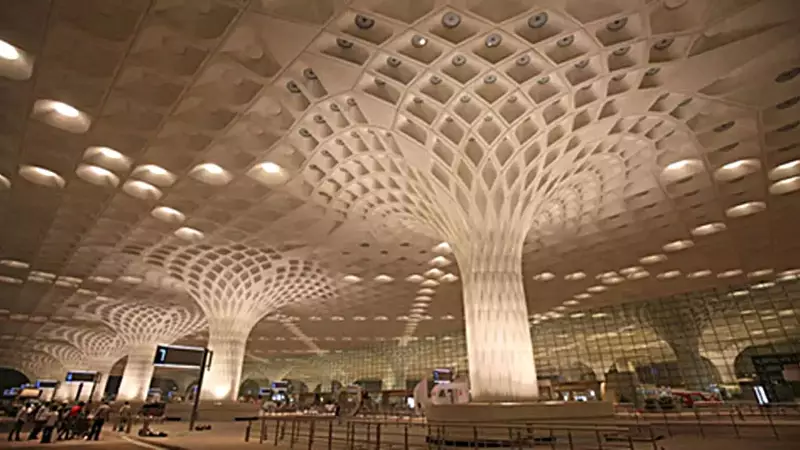
In a stunning revelation that reads like a scene from a crime thriller, officials from the Directorate of Revenue Intelligence (DRI) have unearthed a sophisticated drug smuggling operation at Mumbai's Chhatrapati Shivaji Maharaj Maharaj International Airport. The contraband: a massive 42 kilograms of premium hydroponic marijuana, cleverly disguised within everyday food items.
The Deceptive Packaging
What appeared to be innocent packets of biscuits and instant noodles contained something far more sinister. Drug traffickers had meticulously opened the food packaging, removed the original contents, and replaced them with high-grade hydroponic weed before resealing the packets to avoid detection.
The Airport Interception
The breakthrough came following specific intelligence received by DRI officials about a potential drug smuggling attempt through the airport. Acting swiftly on the tip-off, surveillance teams monitored suspicious activities and identified individuals involved in the illegal operation.
Hydroponic Weed: The Premium Contraband
Unlike regular cannabis, hydroponic marijuana is considered premium quality and commands significantly higher prices in the illegal drug market. Grown in controlled environments without soil using mineral nutrient solutions, this variety is known for its potency and purity, making it particularly sought after by users.
Arrests and Investigation
DRI officials have arrested two individuals in connection with the smuggling attempt. The accused are currently being interrogated to uncover the entire supply chain, including the source of the drugs, intended recipients, and potential links to larger drug syndicates operating across the country.
Growing Trend of Creative Concealment
This incident highlights the increasingly innovative methods employed by drug traffickers to evade detection at airports. From hiding substances in food packaging to concealing them in household items, smugglers continue to develop new techniques to bypass security measures.
Airport Security Implications
The successful interception demonstrates the effectiveness of intelligence-based operations in combating drug trafficking. However, it also raises questions about the need for enhanced screening procedures for cargo and luggage that might contain such cleverly concealed contraband.
The seizure represents one of the significant narcotics busts at Mumbai airport this year and underscores the ongoing battle against drug trafficking networks attempting to use India's major airports as transit points for illegal substances.






